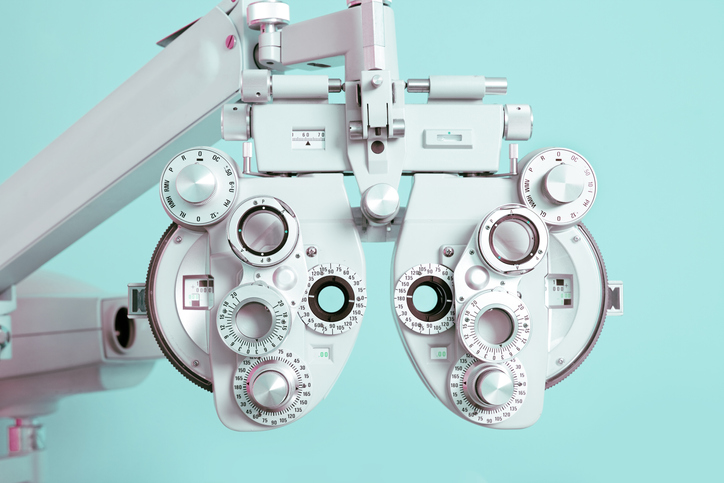A significant drop in total rebateable optometric services under Medicare indicates that Australians are putting off having eye examinations as a result of the COVID-19 pandemic, often with significant consequences.
Optometrists provided 630,000 less consultations in FY2019/2020 than the year before with all rebateable eye health services impacted, representing a 7 per cent decrease in total consultations.
Medicare statistics highlight that low vision consultations dropped 20 per cent, contact lens consultations, 12 per cent, and children’s vision consultations 5.6 per cent. A second extended lockdown from 1 July in Victoria and metro Melbourne has also resulted in even more patients missing out on crucial eye care examinations.
These drops are concerning to Optometry Australia, the peak professional body for optometrists, particularly given 90 per cent of blindness or vision impairment are treatable if detected early.
Melbourne optometrists back to business
For over three months now, Stage 4 lockdown restrictions have been in place in metropolitan Melbourne, meaning optometrists have been restricted to providing urgent and emergency care only. In welcome news, the Victorian Premier announced on Sunday that optometrists can now resume routine face-to-face care in line with all other states and territories.
What are the risks of not visiting the optometrist?
Melbourne optometrist Riki Gibson has noticed a worrying trend of patients dismissing symptoms and delaying attendance until “after COVID”.
“Many patients have been reluctant to attend with confusion about creating a fuss, recognising serious symptoms and general safety concerns about leaving their homes. Eye diseases often have subtle symptoms and it is difficult to determine serious issues without a comprehensive eye examination.”
"We have recently seen patients with mild symptoms of blurred vision who were examined and diagnosed with potentially life threatening diseases. Subsequent referral confirmed the presence of a stroke in one case and a brain tumour in another. These patients are now being treated with specialist care,” Riki said.
“This pandemic period has provided a crucial reminder for people to not ignore any unusual vision changes or symptoms because they can be really serious," said Riki. "So whether we are in lockdown or not, it is important to contact your local optometrist with any concerns about your vision.”
Vision problems are likely to affect everyone at some point or another, be that something as common as tired eyes using computer screens or something more sinister like the problems detected by Riki Gibson.
The reality is that many eye diseases occur slowly, over years, and sometimes without any obvious signs or symptoms.
Glaucoma Australia has estimated that over 150 000 Australians currently have undetected glaucoma, an eye disease which is often symptomless in the early stages but if left untreated leads to irreversible blindness. This is why regular eye examinations with an optometrist are essential to protect your vision.
When should I visit my optometrist?
There’s a misconception amongst Australians that visiting the optometrist is only necessary when something is noticeably wrong.
It’s vital that all Australians visit the optometrist regularly, with Optometry Australia recommending eye examinations from prior to starting school and then throughout life. Australians should also visit an optometrist immediately if they notice changes in vision such as:
- Loss of vision
- Blurred, hazy or double vision
- Severe, sudden or recurrent eye pain
- Seeing flashes of light or sudden dark floating spots
- Unusual or painful sensitivity to light or glare
- Swollen, red eyes
- Excessive discharge from the eyes - particularly if green or yellow
If you are concerned about your eye health, contact your local optometrist for expert advice and to discuss your consultation options. Tele-health, videoconferencing and face-to-face consultation options are being offered for these reasons. Optometry Australia has also provided the profession with enhanced infection control guidelines and protocols to ensure patient safety in optometry practices.
Whilst COVID-19 continues to impact everyday life, Australians should not neglect their eye health, endure discomfort or poor vision. To help find the best solution for your eye health needs, use our Find an Optometrist tool to locate a local optometrist near you.






